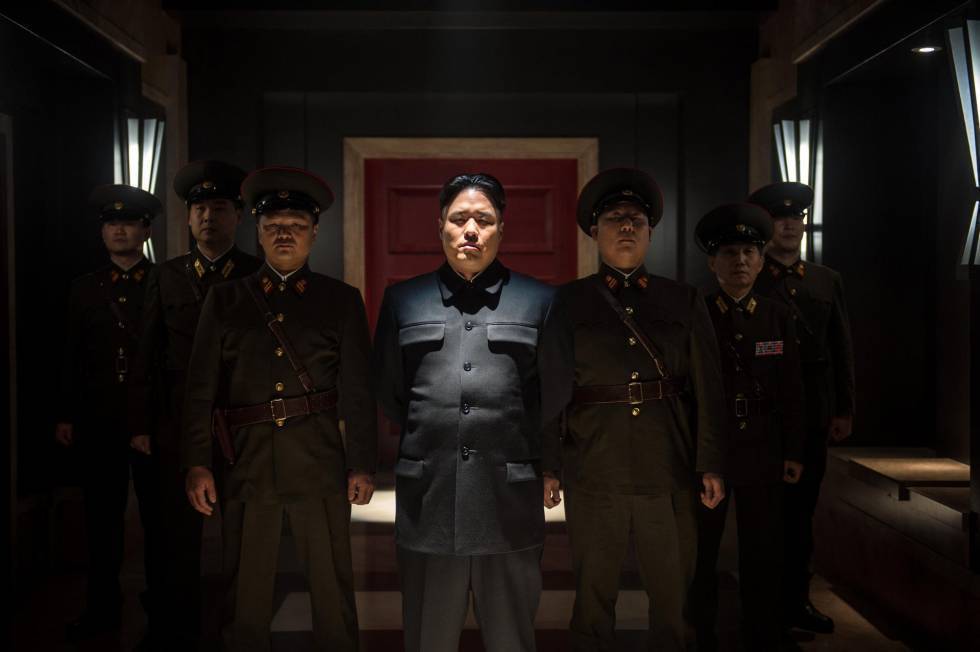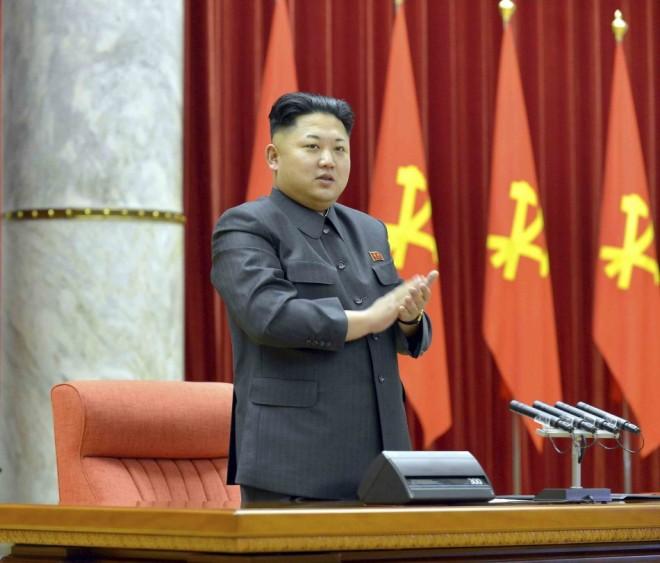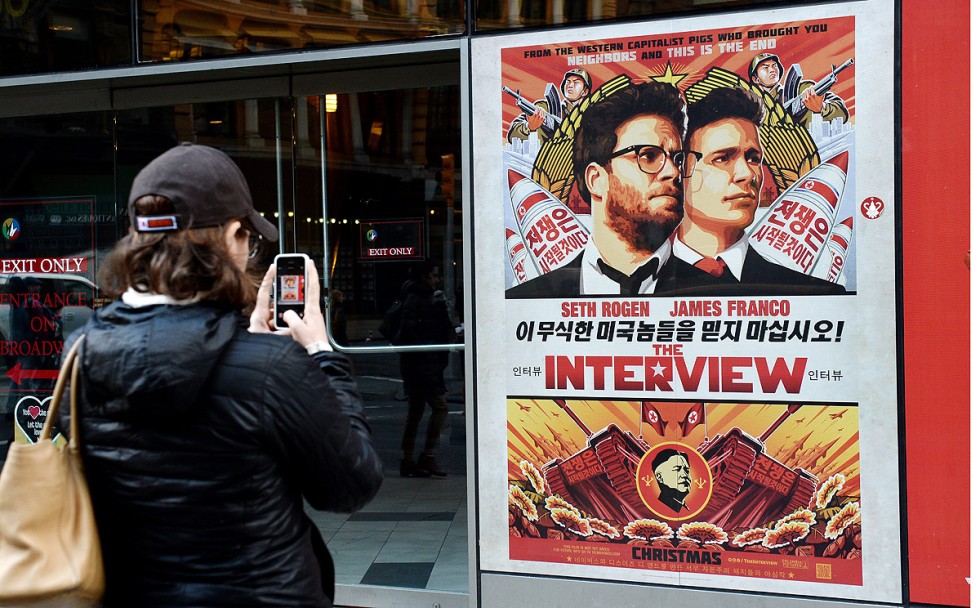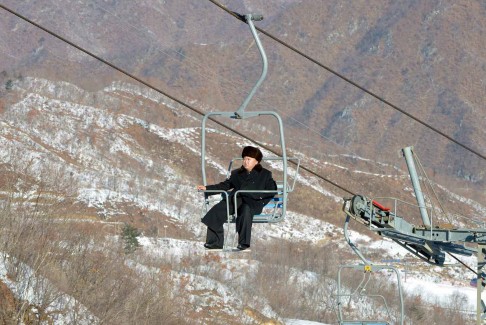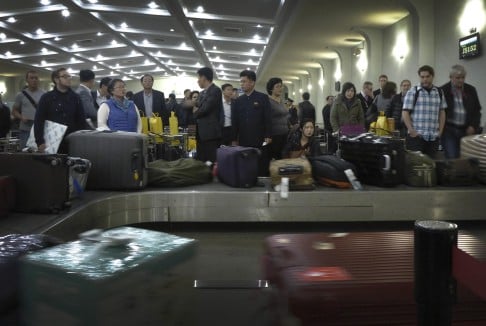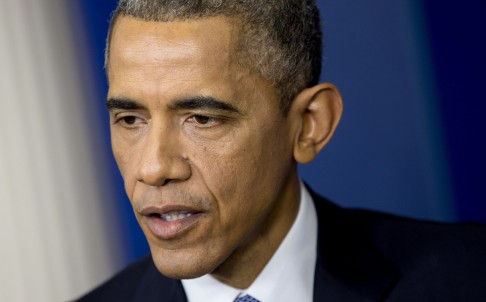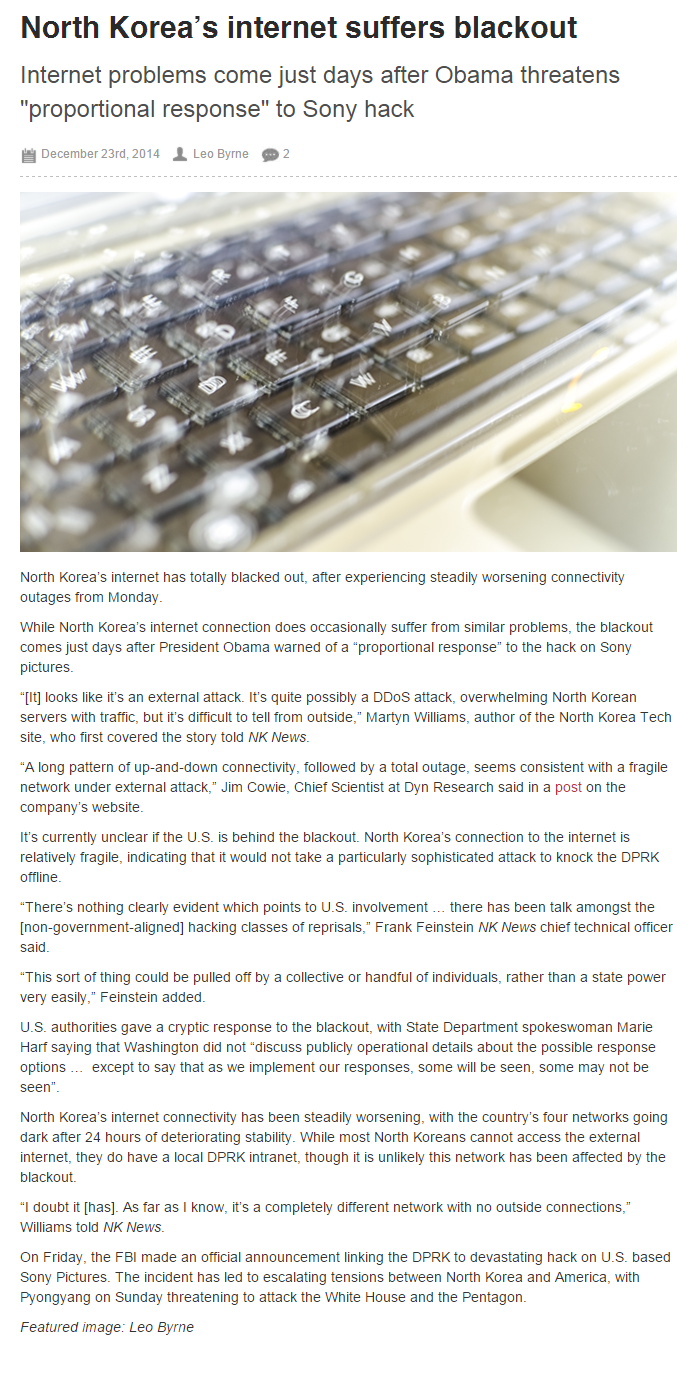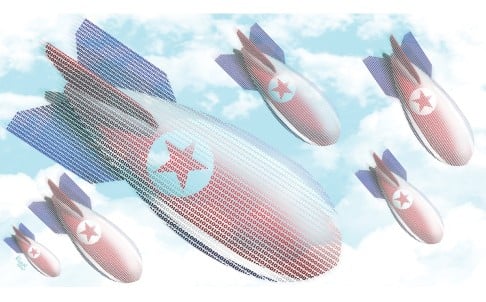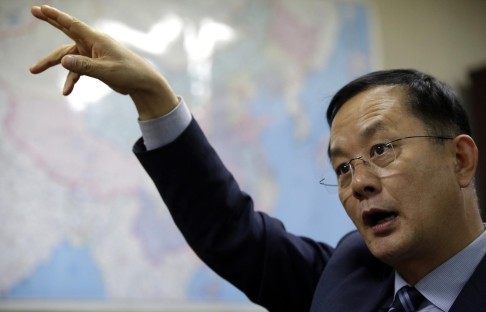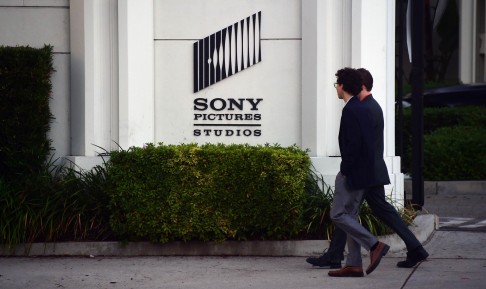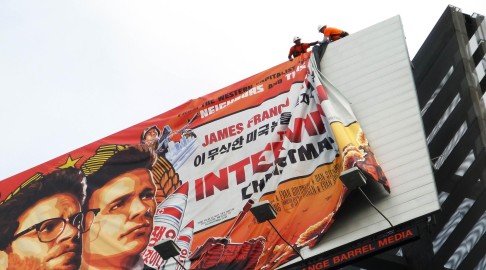- Joined
- Apr 5, 2013
- Messages
- 528
- Points
- 0
N. Korea marks end of mourning for late leader Kim Jong-Il
AFP
December 18, 2014, 6:01 am

Seoul (AFP) - North Korean leader Kim Jong-Un on Wednesday led tens of thousands of military and party officials in a ceremony to mark the end of three years of mourning for former supremo Kim Jong-Il.
Clad in a black winter coat and a black fur hat, the young leader stood stony-faced as he listened to speeches idolising his late father, who ruled the secretive communist nation for 17 years before his death in 2011.
South Korean media and analysts said the anniversary marked the end of a three-year mourning period for the late leader.
"We will achieve a prosperous and reunified Korea in obedience to the wishes of our great leader Kim Jong-Il," North Korea's ceremonial head of state Kim Yong-Nam said, urging the participants to protect the young supremo with their lives.
State television showed Kim Jong-Un walking with a slight limp around the Kumsusan Palace of the Sun, which houses the embalmed bodies of the country's founder Kim Il-Sung and his son Kim Jong-Il.
"We yearn to see the gracious Father General," the Korean Central TV commentator said, praising the late leader for developing nuclear weapons.
"In the Marshall (Kim Jong-Un), however, we see the General live eternally," she added, in reference to Kim Jong-Un.
At noon, trains, ships and vehicles across the country sounded their horns and sirens let wail, followed by a three minute silence.
State television showed endless lines of mourners queued up to lay bouquets of flowers at the foot of a 22-metre (72-foot) statue on Mansu Hill in Pyongyang, the epicentre of the personality cult surrounding the Kim dynasty.
"Despite the freezing December weather this morning, our heart for him grows warmer and our loyalty becomes stronger," said a commentator on state broadcaster Korean Central TV.
- 'Diplomatic isolation deepened' -
Analysts in Seoul said Kim Jong-Un has so far been successful in tightening his grip on power, most clearly by executing his uncle and one-time mentor and No. 2, Jang Song-Thaek, a year ago.
"The third anniversary is significant for the young leader as it means the real start of his era," Professor Yang Moo-Jin of the University of North Korean Studies said.
While living standards have risen moderately since Kim Jong-Un took power, the hermit state is now more isolated than ever, he said.
"Diplomatic isolation deepened amid ongoing confrontation over its nuclear programmes and human rights conditions," he told AFP.
The Kim dynasty has ruled the isolated country for more than six decades with an iron fist and a pervasive personally cult.
Under Kim Jong-Un's leadership, North Korea has placed a satellite in orbit and last year conducted its third -- and most powerful -- nuclear test.
The UN Security Council is due to meet next week to discuss North Korea's rights record amid calls for Pyongyang to be referred to the International Criminal Court for crimes against humanity.
A UN inquiry in February charged that North Korea has committed human rights abuses "without parallel in the contemporary world," including imprisoning 120,000 people in prison camps and cases of torture, summary executions and rape.
The North this week accused the United States of seeking to topple its regime through allegations of human rights abuses, and threatened to hit back with its "toughest-ever counteraction".
Hong Hyun-Ik, a senior researcher at the private Sejong Institute, said there were fears North Korea may conduct a nuclear test next year after carrying out an underground explosion in 2013.
"The United States and South Korea are unlikely to offer incentives and North Korea feels cornered into conducting a fourth nuclear test," Hong said.

